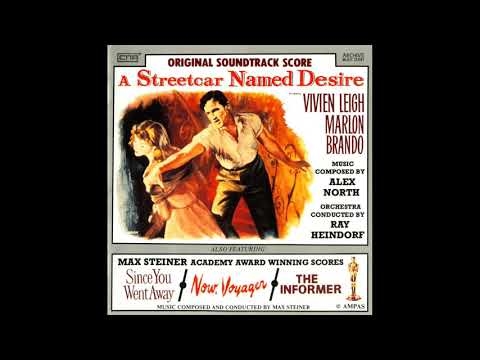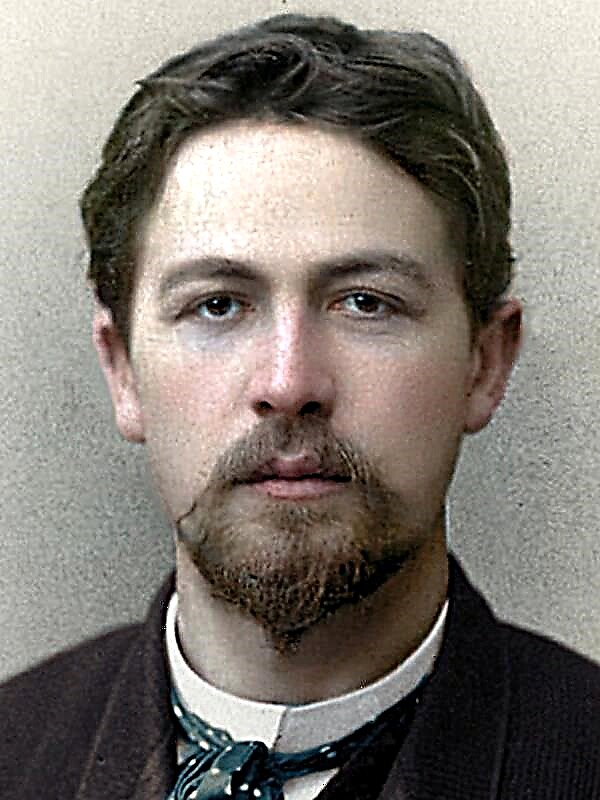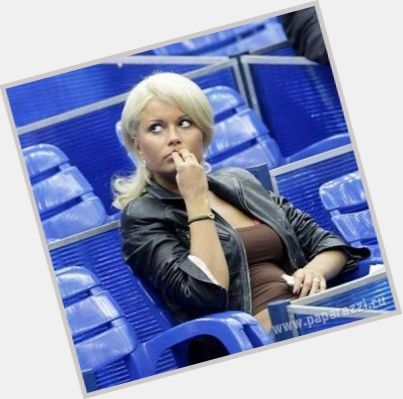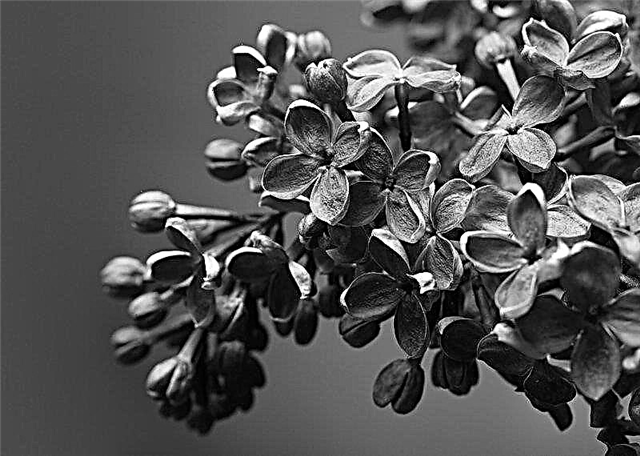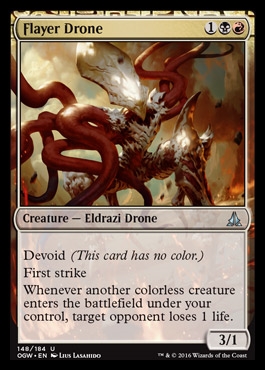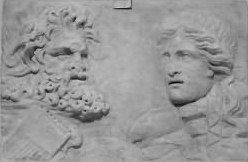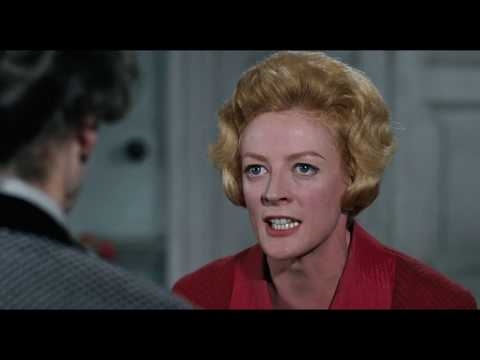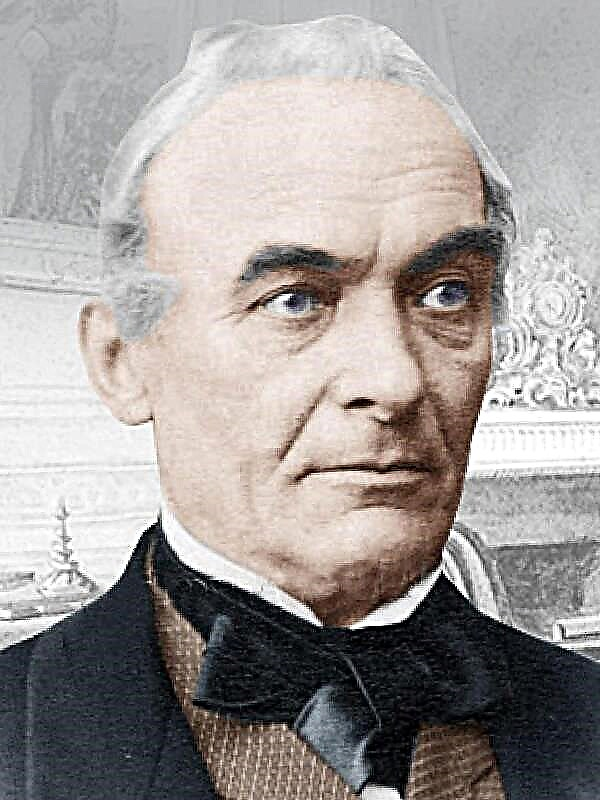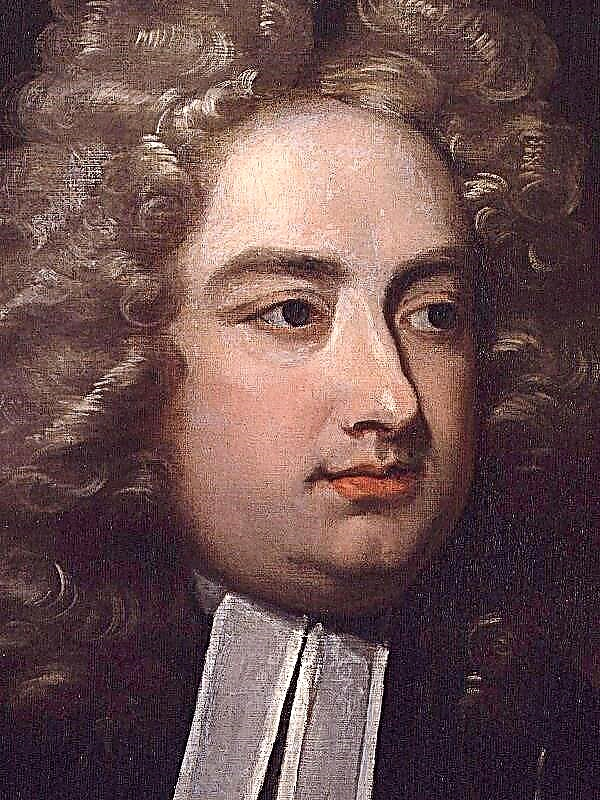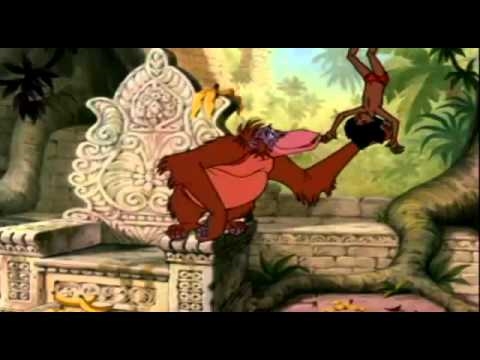Part one
King Henry IV is about to lead a campaign in the Holy Land, which should become penance, church repentance, for the murder of Richard II. But these plans are frustrated when the king learns from Earl of Westmoreland that the rebellious Welsh commander Owen Glendaur defeated the vast English army led by Edmund Mortimer, Earl March, who was captured. Heinrich is also informed that at the battle of Kholmdon, young Harry Percy, nicknamed Hotspur (Hot Spur, i.e., Daredevil), defeated the Scots, led by Archibold, Earl of Douglas, but refused to give prisoners to the king. Remembering his own wayward son, Henry allows himself to envy Earl of Northumberland, the father of Hotspur.
Meanwhile, the Prince of Wales Hel is having fun in his house with Sir Falstaff - a fat knight whose propensity for fun and sherry is not tempered by either gray hair or an empty wallet. Ned Poyns, one of the prince's dissolute friends, persuades him and Sir Falstaff to rob pilgrims and merchants. Hel resists, but Poyns secretly tells him how to make Falstaff a coward, which he is. Left alone, the prince reflects on his behavior. He is going to imitate the sun, which is hiding in the clouds, to then appear in even greater brilliance.
Relations between the king and the Percy family become even more tense when Earl of Worcester, the brother of Northumberland and Uncle Hotspur, recalls that it was Henry who owed the crown to the house of Percy. Although Hotspur claims that his act with the Scottish prisoners was misinterpreted, he annoys the king, refusing to give them away until the king redeems his brother-in-law Mortimer, who recently married his winner’s daughter. “Are we / We will empty our treasury for ransom / Traitor? Will we pay for treason? ” - the king asks, not paying attention to Hotspur's fervent words in defense of Mortimer. "Rather, the prisoners walked - or watch out!" - threatens Henry. After the king leaves, Hotspur gives vent to anger. Father and uncle explain to him: the king’s hostility towards Mortimer is due to the fact that the murdered Richard shortly before his death declared Mortimer his heir. When Hotspur finally calms down, Worcester proposes a rebellion against the king, with the support of Mortimer, Glendour, Douglas and Richard Scroop, Archbishop of York.
As planned, Falstaff and his buddies rob travelers. The Prince and Poins are hiding in this case. Wearing masks, they attack the robbers at the moment when they share the prey. Falstaff and his entourage flee, abandoning the loot. Later, in the tavern “Boar's Head”, Falstaff and the other thieves join Prince Heinrich and Poins, already mowing there. Falstaff bitterly reproaches the prince, who threw his friend in a moment of danger, and vividly describes his exploits in an unequal battle, and the number of enemies defeated by him increases with each phrase. As evidence of his prowess, he shows a torn jacket and pants. The prince exposes the lie, but Falstaff is not at all embarrassed - of course he recognized the prince, “but remember the instinct: the lion will not touch the prince of blood. Instinct is a great thing, and I instinctively became a coward. [...] I showed myself to be a lion, and you showed yourself to be a purebred prince. " When the king sends the courtier for his son, the fat knight offers to rehearse the explanations that Hel will give the angry parent. Playing the role of the king, Falstaff convinces the prince's friends, with the exception of only one “representative man, although somewhat burly [...] his name is Falstaff [...] Falstaff is full of virtue. Leave it to yourself, and drive the rest away ... ".When the prince and his friend switch roles, Hel the “king” severely condemns the “vile, monstrous seducer of youth - Falstaff." Falstaff, the “prince,” speaks very kindly of “sweet Jack Falstaff, kind Jack Falstaff, a loyal Jack Falstaff, the brave Jack Falstaff.”
The conspirators meet in Bangor (Wales). Hotspur, because of his unbridled disposition, comes into conflict with Glendaur. Hotspur taunts his faith in the omens accompanying his birth, and in supernatural powers in general. Another subject of controversy is the division of the country that they intend to capture. Mortimer and Worcester scolding Hotspur for taunting Glendaur. Mortimer says his father-in-law is "a worthy person, / Very well-read and dedicated / In secret science." The parish of the ladies distracts them from the disputes: Hotsper's witty wife, Lady Percy, and Mortimer’s young wife, the Welsh woman, whose inability to speak English does not cool her husband’s ardor.
In London, the king reproaches his son for his dissoluteness. He sets as an example the behavior of Hotspur and his own in his youth. Henry recalls that, unlike Richard, who “sought out the opinion of the crowd,” he himself kept aloof from the people, remaining mysterious and attractive in his eyes. In response, the prince vows to surpass the exploits of Hotspur.
Having arrived at the Boar's Head inn, the prince finds Falstaff there, who teases his friends and scolds the hostess. Prince Henry announces to the fat man that he was assigned to the infantry, sends the rest of the brazhniks on errands and leaves himself with the words: “The country is on fire. High enemy soars. / He or we shall fall. ” Falstaff is delighted with the words of the prince and demands breakfast.
In their camp near Shrewsbury, the rebels learn that due to illness the Earl of Northumberland will not take part in the battle. Worcester considers this a loss for the cause, but Hotspur and Douglas claim that this will not seriously weaken them. Douglas and Worcester are puzzled by the news of the approaching royal troops and the delay of Glendaura for two weeks, but Hotspur is ready to start the battle as soon as the king’s army reaches Shrewsbury. He is looking forward to a duel with his namesake - Prince Henry.
On the driveway near Coventry, Captain Falstaff conducts a review of his squad. He admits that he collected a miserable rabble, and released all fit for service for bribes. The appeared prince Henry reproaches the friend for the nasty appearance of his recruits, but the fat knight escapes with jokes and declares that his subordinates are “good enough to spear them.” Cannon meat, cannon fodder! ”
Worcester and Vernon are trying to persuade Hotspur not to engage in battle with the king's army, but to wait for reinforcements. Douglas and Hotspur want to join the battle immediately. The king’s messenger arrives. Henry IV wants to find out why the rebels are dissatisfied; he is ready to fulfill their desires and grant forgiveness. Hotspur fervently reproaches the monarch for cunning and ingratitude, but does not exclude the possibility of compromise. Thus the battle is postponed.
In York, the rebellious archbishop, foreseeing the defeat of his allies, gives the order to prepare the city for defense.
In his camp near Shrewsbury, the king announces to the parliamentarians the rebels Worcester and Vernon that he will have mercy on the rebels if they refuse the battle. He wants to save the lives of his subjects in both camps. Prince Henry extols the virtues of Hotspur, but challenges him to martial arts to solve the dispute with little blood.
Worcester and Vernon hide from King Hotspur the good offers of the king, because they do not believe the royal promises, but convey the challenge from the prince. In the ensuing battle, Prince Henry saves the life of his father, who crossed his sword with Douglas, and kills Hotspur in martial arts. He makes a laudatory speech over the body of a valiant enemy and then he notices the defeated Falstaff. The dissolute knight pretended to be dead to avoid danger.The prince is grieving about his friend, but after his departure Falstaff gets up and, noticing the return of Henry and his brave younger brother, Prince John of Lancaster, composes a tale that Hotspur woke up after a fight with Henry and was defeated for the second time by him, Falstaff. Now that the battle has ended with the victory of the king, he is waiting for rewards and extraordinary mercies. The king condemns the captives of Worcester and Vernon to death for the fact that their lies cost the lives of many knights. The wounded Douglas for his valor, at the request of Prince Henry, is released without ransom. The troops, by royal order, split up and set off on a campaign to punish the rest of the rebels.
Part two
After false reports of the victory, the Earl of Northumberland finally finds out that his son Hotspur was killed at the Battle of Shrewsbury and that the royal army, led by King John’s second son and Earl Westmoreland, is moving towards him. The Earl decides to combine his forces with the forces of the rebellious archbishop of York.
In London, the supreme judge, having met Falstaff on the street, shames him for his bad behavior and calls for reason in his old age. The fat man, as always, is gibberish, boasts and does not miss the chance to remind the judge of the slap in the face that he received from Prince Henry, the patron saint of Falstaff.
In York, the archbishop’s associates are weighing their chances of winning. They are encouraged by the fact that they are moving only a third of the royal troops, which are led by Prince John and Earl of Westmoreland. The king himself and his eldest son opposed the Welsh Glendaura, another part of the royal army must confront the French. Nevertheless, some of the rebellious Lords believe that they cannot survive without the help of the Earl of Northumberland. In London, Mrs. Quickley (Bystrya, Vostrushka), the owner of the Boar's Head inn, is seeking Falstaff's arrest for debt and for not fulfilling a promise to marry. Falstaff bickers with her, with the police and the supreme judge appearing on the street, bringing in his defense the most unexpected and comical arguments. Finally, he manages to flatter the widow Quickly not only the forgiveness of previous debts, but also a new loan, as well as an invitation to dinner. Upon returning to London, Prince Henry and Poins, having learned about this dinner, decide to change into servants and serve on it in order to see Falstaff "in its present form." The return of the royal army to the capital is caused by the grave illness of Henry IV. His eldest son is deeply saddened by his father's illness, but hides it so as not to be considered a hypocrite.
In Warkworth, Earl of Northumberland's castle, the widowed Lady Percy is ashamed of her father-in-law because Hotspur died without reinforcements due to his feigned illness. She and the Earl's wife insist that he hide in Scotland, instead of speaking to the aid of the Archbishop of York.
Falstaff, Mrs. Quickley, and Doll Tershit (“Tearing Sheets” - English), having fun in a tavern, are joined by Bardolph and the pompous ensign Pistol. The Prince and Poins, wearing servants' jackets, become witnesses to the thrilling scene between Falstaff and Doll and hear that, in the opinion of the old reveler, the prince is “a good little, albeit absurd,” Poins is a baboon who has a place on the gallows, and much more. When the indignant Henry is about to drag Falstaff by the ears, he recognizes his patron and immediately explains that he "spoke badly of him at the fallen creatures, so that these fallen creatures would not think of falling in love with him." [...] I acted as a caring friend and loyal. " The fun ends abruptly as the Prince and Falstaff are called up for arms to oppose the northern rebels. Falstaff still manages to sneak out and, returning to the inn, demands Doll to his bedroom.
In the Palace of Westminster, the tormented king reflects on sleepless nights - the destiny of every monarch - and recalls that the murdered Richard II foresaw a gap between him and Percy's house.In an effort to raise the mood of the king, Count Warwick belittles the power of the rebels and reports the death of Owen Glendaura, the rebellious master of Wales. In Gloucestershire, Falstaff, recruiting, meets a friend of his youth - Judge Schell ("Empty" - Eng.). After talking with the recruits, he frees those who are fit for service for a bribe and leaves the unfit - Brain, Shadow and Wart. Falstaff goes on a campaign with the firm intention on the way back to rob an old friend.
In the Yorkshire Forest, the Archbishop of York informs his associates that Northumberland left them and, without collecting troops, fled to Scotland. Earl of Westmoreland tries to reconcile the rebellious Lords with the king and convinces them to make peace with Prince John. Lord Mowbray is overcome by misgivings, but the archbishop convinces him that the king longs for peace in the kingdom at all costs. At a meeting with the rebels, the prince promises that all their requirements will be fulfilled, and drinks for their health. The conspirators dismiss the troops, and the treacherous prince arrests them for treason. He orders to pursue the scattered troops of the rebels and to deal with them.
The king is in the Jerusalem chamber of Westminster. He persuades his younger sons to maintain good relations with Prince Henry, on whose mercies they will depend in the future. He complains about the heirlessness of the heir. Count Warwick tries to find excuses for Henry, but they do not convince the king. Earl of Westmoreland brings news that Prince John has crushed the rebellion. The second messenger also reports on the victory - the Yorkshire sheriff defeated the troops of Northumberland and the Scots. However, good news makes the king feel bad. He is taken to bed. While the king is sleeping, Prince Henry enters his room. Deciding that his father is already dead, Henry puts on the crown and leaves. The waking up king learns that the prince came to him, and, having not found a crown, bitterly accuses his son: “Your whole life has proved clearly / that you do not love me, and you wanted, / so that I can be convinced of this at the death hour.” The prince hurries to explain his deed. He assures his father that he considered him dead and took the crown only in fulfillment of his duty. Touched by the eloquence of his son, the king calls him to his head. He recalls the roundabout paths to which he went to power, and although he considers his son’s position to be more solid, he warns him against internal strife: “Fight a war in foreign lands, my Henry, / so that you might take hot heads ...” Upon learning that he became ill in The Jerusalem Chamber, the king recalls the prophecy that he should end his life in Jerusalem. The king always believed that the Holy Land was meant. Now he understands the true meaning of the prediction and asks again to take it to the same chamber: "There, in Jerusalem, I will deliver the spirit to heaven."
At Westminster, the young king assures the brothers that they have nothing to worry about their fate during his reign. The supreme judge, who once imprisoned Henry for insulting his dignity, is forgiven and close for his firmness and fearlessness. Henry says: "My dissoluteness descended into the coffin with my father."
Falstaff, learning about the accession of his patron, hurries to London. During the coronation, he becomes prominent. He expects extraordinary honors from an old friend and promises to share them with his fellow soldiers, including Schell, who managed to owe a fair amount of debt. But Heinrich who came to the people to the familiar address of Falstaff replies: “Old man, I am not familiar with you. Repent! / The gray hairs are no match for the jesters. ” The king expels former friends, promising them to give a living, so that "the need for evil will not push you." Falstaff is sure that the severity of Henry is feigned, but the appearing supreme judge orders him to be arrested together with friends and imprisoned. Prince John tells the judge: “I like the emperor’s deed; / He intends to provide his former companions / He will provide, but he expelled them all / And he will not return them until he is convinced / In their modest and reasonable behavior. "The prince is sure that during the year the king "will send fire and sword to France."

